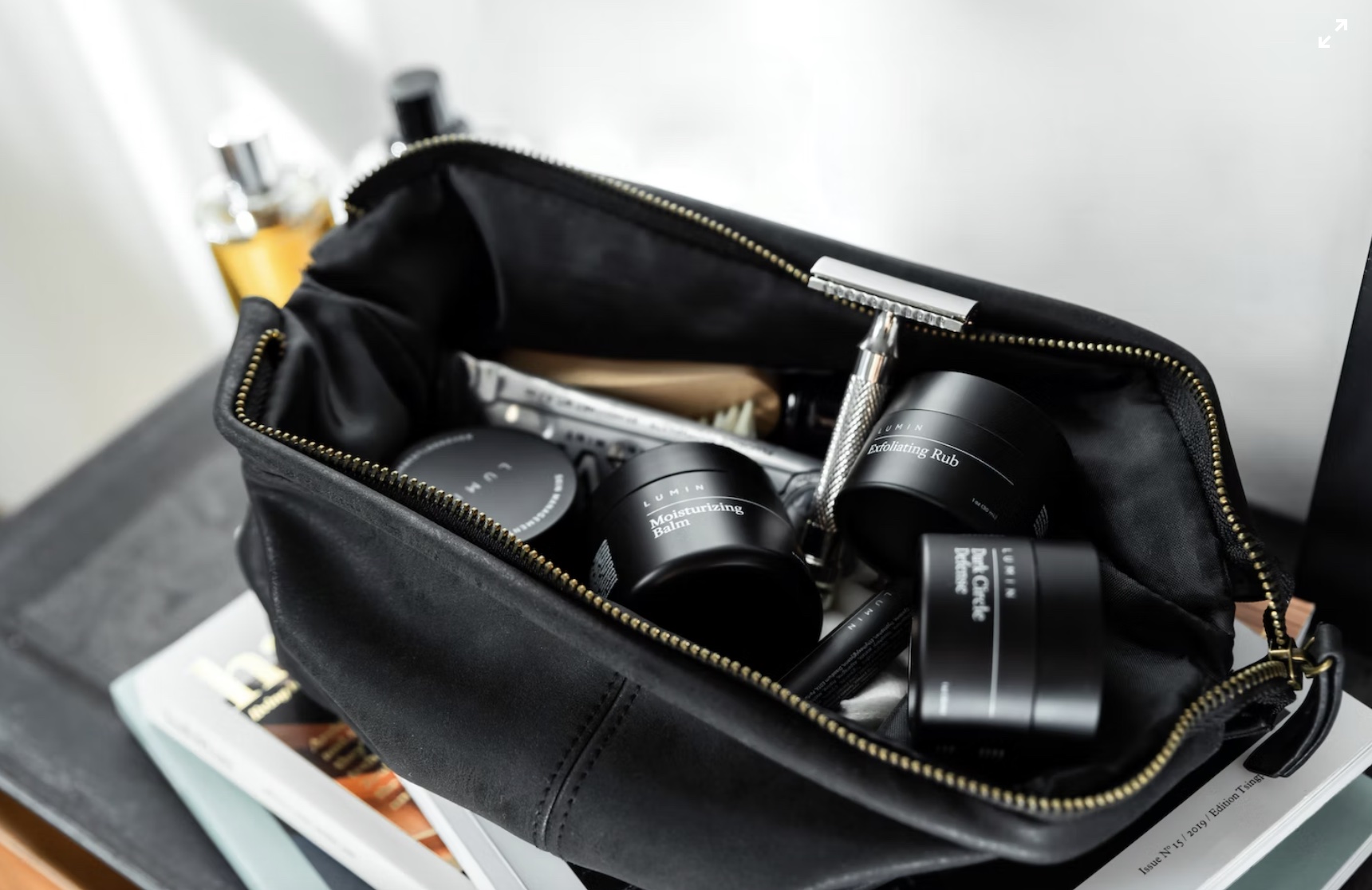Immunotherapy is already a treatment option for bladder cancer, but in many cases, these therapies fail or the cancer comes back. When it returns, the next option is removing the bladder. FDA approval of a novel immunotherapy gives bladder cancer patients an alternative to surgical removal of the organ.
The FDA has approved ImmunityBio’s therapy, Anktivo, for the treatment of non-muscle invasive bladder cancer (NMIBC), which is cancer found only on the inner layer of the bladder wall. The regulatory decision announced late Monday covers adults whose disease is unresponsive to Bacillus Calmette-Guérin (BCG), a standard of care immunotherapy for bladder cancer.
BCG is a benign type of bacteria. Delivered to the bladder via a catheter, the bacteria induce an immune response that can clear cancer. But BCG therapy fails in up to 40% of patients. Other immunotherapies used to treat NMIBC include checkpoint inhibitors, drugs that block a protein used by cancer cells to avoid detection by the immune system.
San Diego-based ImmunityBio developed Anktiva to offer patients a multi-pronged immune response to bladder cancer. The therapy, which is administered directly into the bladder by catheter, is a fusion protein that enhances the therapeutic potential of cytokines, signaling proteins that can spark an immune response. This biologic drug is specifically engineered to bind to and activate the IL-15 receptor, which plays a role in modulating immune cells.
Anktiva is intended to increase the activity of two types of cancer-killing immune cells, natural killer cells and CD8 positive T cells. It does so without also activating regulatory T cells that suppress immune responses. The therapy also stimulates memory T cells that lead to a longer duration of immune response. Compared to native IL-15, ImmunityBio says Anktivo offers greater therapeutic activity over a longer period of time.
“Anktiva enhances natural killer cell recruitment as well as T cell stimulation,” Sam Chang, professor of urology and chief surgical officer of the Vanderbilt Ingram Cancer Center, and a principal investigator for the therapy’s clinical trial, said in a prepared statement. “By doing this and stimulating the innate immune memory response, we get an improved ability to kill tumor cells.”
Approval of Anktiva covers use of the new ImmunityBio product alongside BCG therapy, which is how it was tested in clinical trials. The pivotal Phase 2/3 study enrolled 77 patients who had BCG-unresponsive, high-risk NMIBC following surgery to remove tumors. The main efficacy goal was measuring complete responses to the therapy at any time as well as the duration of responses.
The complete response rate was 62%. In 58% of those with a complete response, the duration of that response was 12 months or longer; 40% of those responders had a duration of response 24 months or longer. ImmunityBio noted that the duration of response is ongoing, so the final median duration of response has yet to be determined. The most common adverse reactions reported in the study included higher blood levels of creatinine, which is a waste product from the breakdown of muscle; pain during urination; blood in the urine; a strong urge to urinate; and urinary tract infection.
Last May, ImmunityBio disclosed that the FDA turned down the application for Anktiva, citing problems at the therapy’s third-party manufacturer. No additional clinical data were requested. After ImmunityBio addressed the issues identified by the FDA, the agency accepted the company’s resubmitted application last October.
Biotech companies have pursued different ways of leveraging components of the body to fight bladder cancer. In 2022, privately held Ferring Pharmaceuticals won FDA approval for Adstiladrin, a gene therapy that uses the protein-making machinery of bladder cells to make therapeutic protein that has anti-tumor effects.
Other companies are trying to provide bladder cancer patients with additional treatment options. CG Oncology raised $380 million from its IPO to finance clinical development of cretostimogene, an oncolytic virus for NMIBC. Genetic medicines company enGene, which became public last fall via a merger deal, develops therapies with proprietary technology that enables localized delivery of gene cargos to mucosal tissues and organs. Lead program EG-70, which delivers three gene cargos to generate an immune reaction close to tumors, is currently in Phase 1/2 testing in NMIBC that’s unresponsive to BCG therapy.
Anktiva was initially developed by Altor BioScience, which ImmunityBio acquired in 2017. ImmunityBio reported a $265.5 million cash position at the end of 2023. In January, the company secured up to $320 million in financing from Oberland Capital. The deal gives Oberland the right to royalty payments on net sales of ImmunityBio’s products. The firm also made an equity investment in ImmunityBio and has the option to buy more of the company’s stock in the future.
ImmunityBio said it would apply proceeds from the financing toward commercialization of Anktiva and for ongoing clinical development of the therapy in other types of solid tumors. In addition to a Phase 2 test enrolling NMIBC patients who had not previously received BCG therapy, mid-stage clinical trials for Anktiva are underway or planned in lung cancer, colorectal cancer, ovarian cancer, acute myeloid leukemia, and glioblastoma.
ImmunityBio has not yet disclosed a price for Anktiva, which it expects will launch in mid-May.
Photo by ImmunityBio



